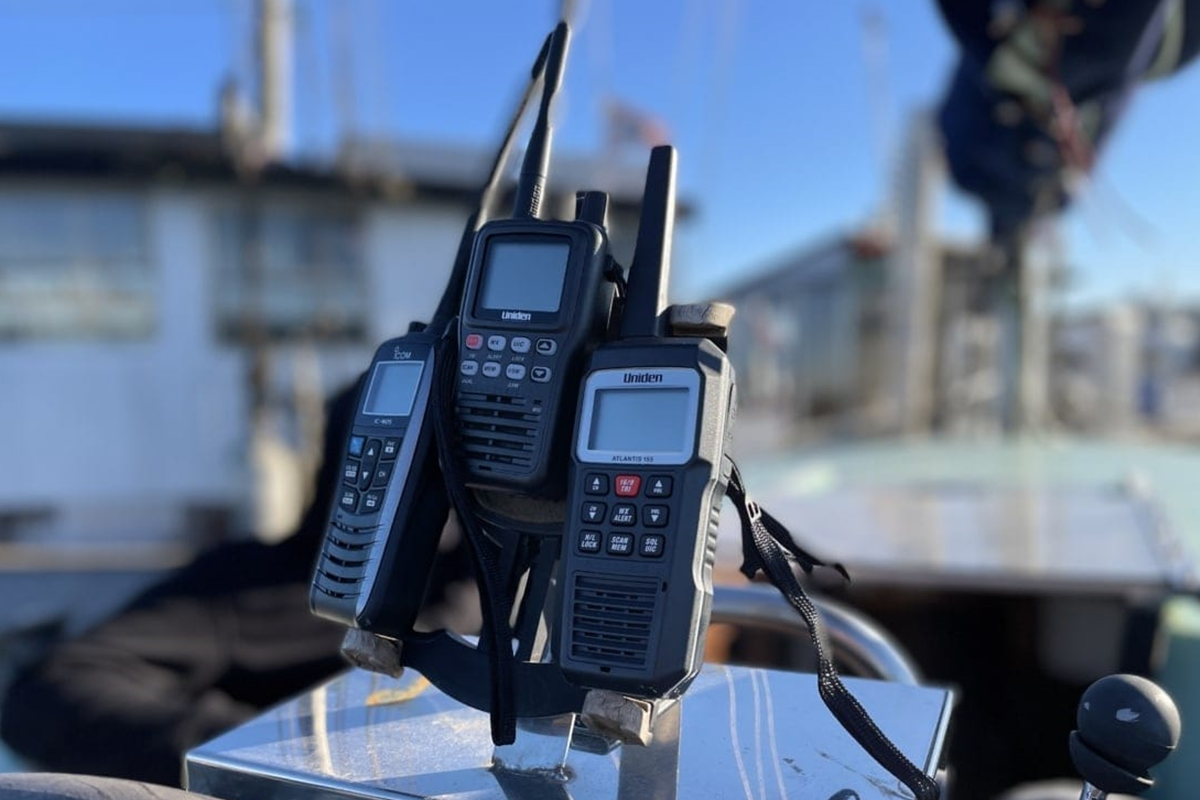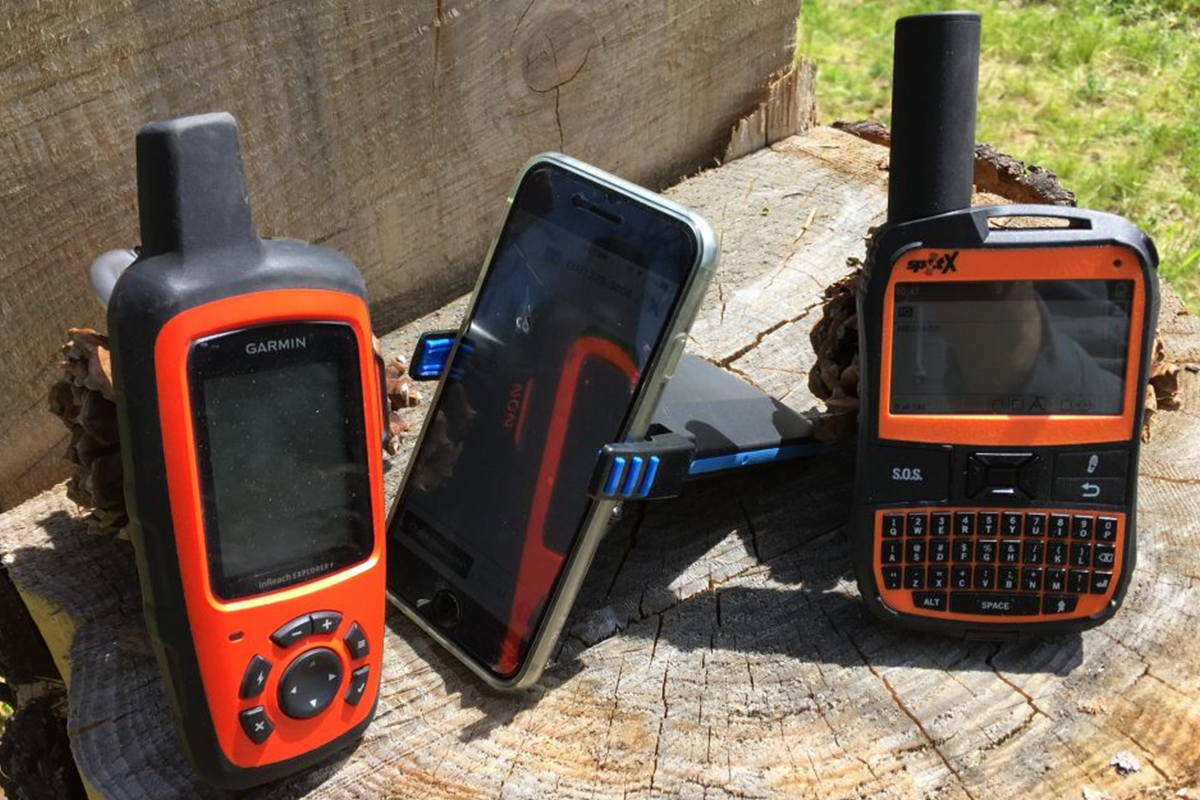A satellite phone can be an excellent tool in an emergency, whether it’s to call loved ones or simply get rescue in a disaster scenario. But finding the right phone can be tricky, and the wrong one could end up causing more problems than it solves. This guide will help you find the right satellite phone for your needs and make sure that you get what you’re looking for without unnecessary costs or hassle.
1. Service
You can find a satellite phone on the market in a few different ways. In the United States, major carriers like AT&T offer some sort of satellite service as an add-on to their normal plans, but the fees involved often make these phones expensive for most people. The other option is to use a service that uses satellite connectivity specifically — these phones are generally cheaper and more reliable, though coverage is limited to wherever the provider has set up ground stations for their service. This coverage area can be anywhere from one city to several hundred miles around it, depending on how many stations were set up and how densely populated that area is.

2. Make and model
When you’re shopping for a satellite phone, you’ll have to choose a specific model. This can be tricky, since the features on these phones vary widely. For example, some satellites allow voice calls but not text messages; others are specifically designed for data-oriented tasks like mapping and GPS navigation.
3. Coverage area
You’ll also have to decide whether you want a phone that’s going to give you coverage anywhere or one that will only work when you’re near a ground station. This will depend on your own needs; if your phone is only for emergency use, then offline coverage is fine, but if you need constant internet access somewhere remote where no ground station has been built yet, then a phone with satellite coverage may be necessary.
4. Cost per minute
Finally, be sure that you check how much the phone will cost you per minute that you’re on it. Even if the phone is free, your provider may charge steep rates for each call that you make. It’s worth buying a cheap satellite phone as a part-time emergency phone before you commit to having internet access wherever you go.
5. Maintenance and repair costs
Some features might also cost extra, like insurance to cover the cost of repairing or replacing the phone in the event of damage or theft. Still, it’s often much cheaper to buy a satellite phone for emergency use and then upgrade to a more secure model when you’re on the road.

6. Spare parts
When you take a satellite phone out of your truck or car and put it in storage in your home, you shouldn’t assume that it’ll last forever without breaking down. Like every other appliance, there will come a time when something parts or goes wrong. If you don’t have spare parts nearby to fix the problem, then having an emergency phone is even more important — be sure that you always have at least one backup phone on hand before trusting your primary one entirely.
A satellite phone is an excellent backup phone to have on hand, especially if you live in a place where cell phones and public telephones are far apart or if you spend a lot of time off of the grid in the backcountry or at sea. But before you buy one, take some time to think about the features that you’re looking for and get the best one that fits your situation.